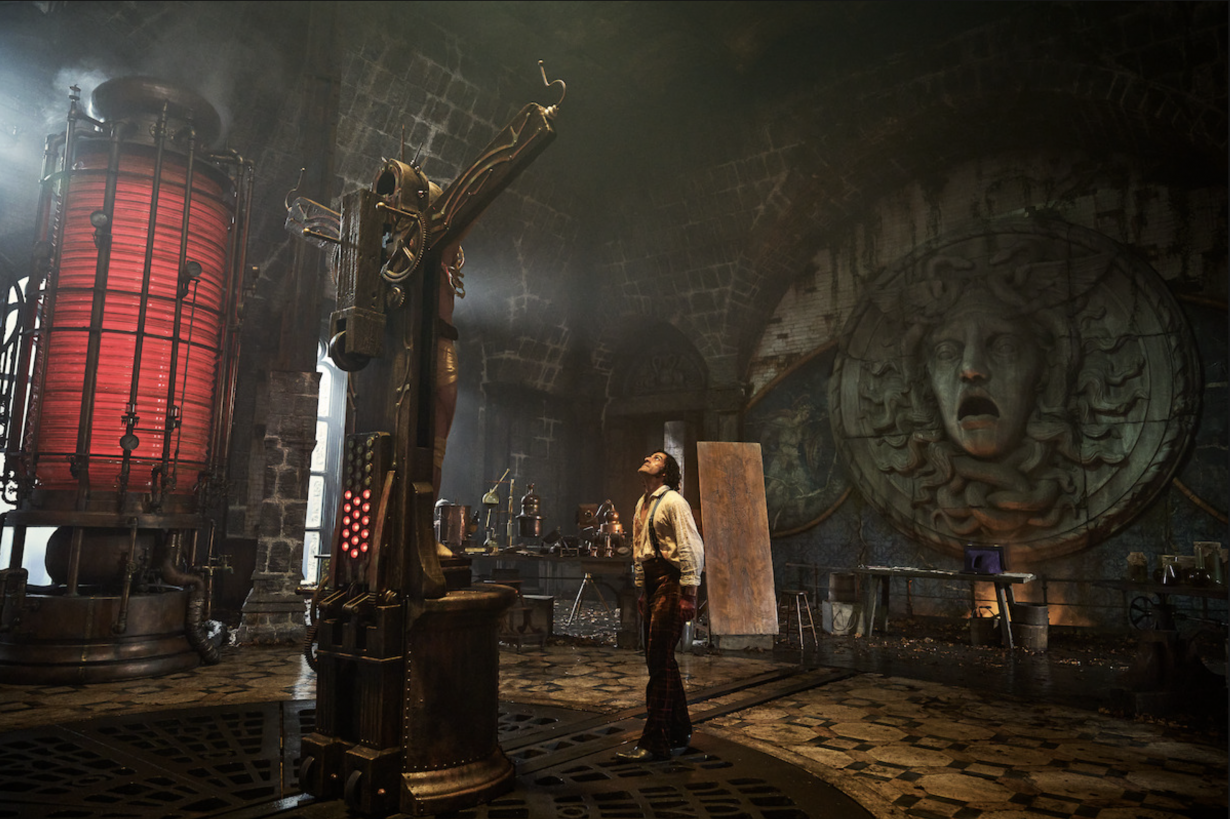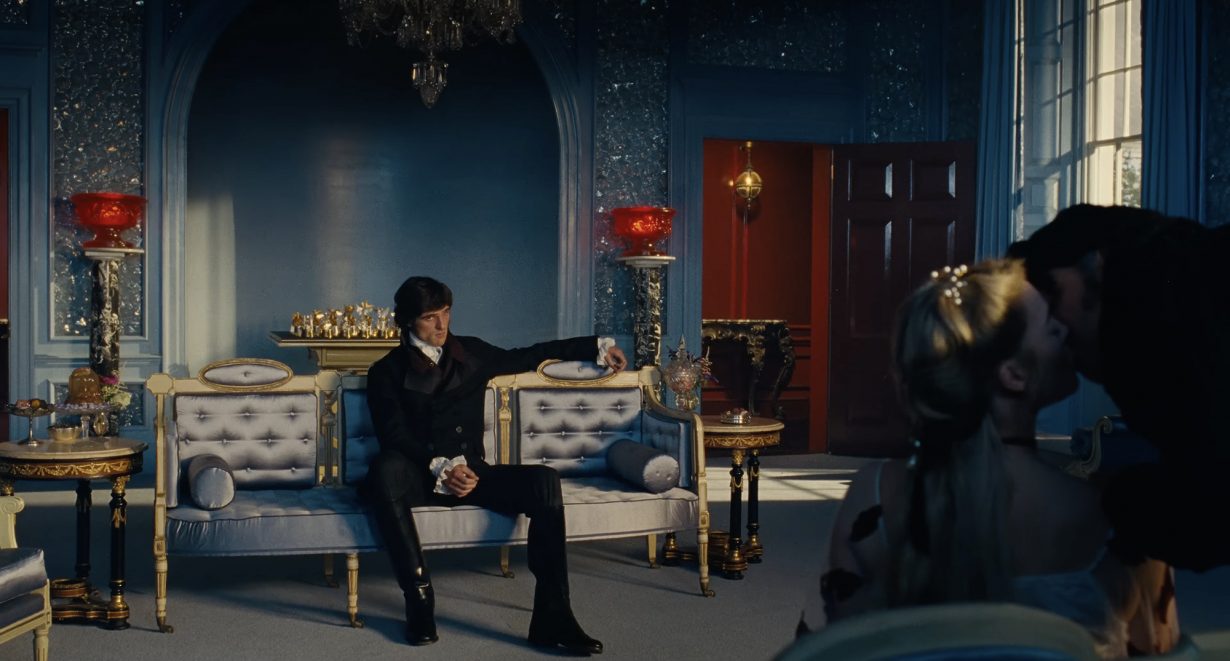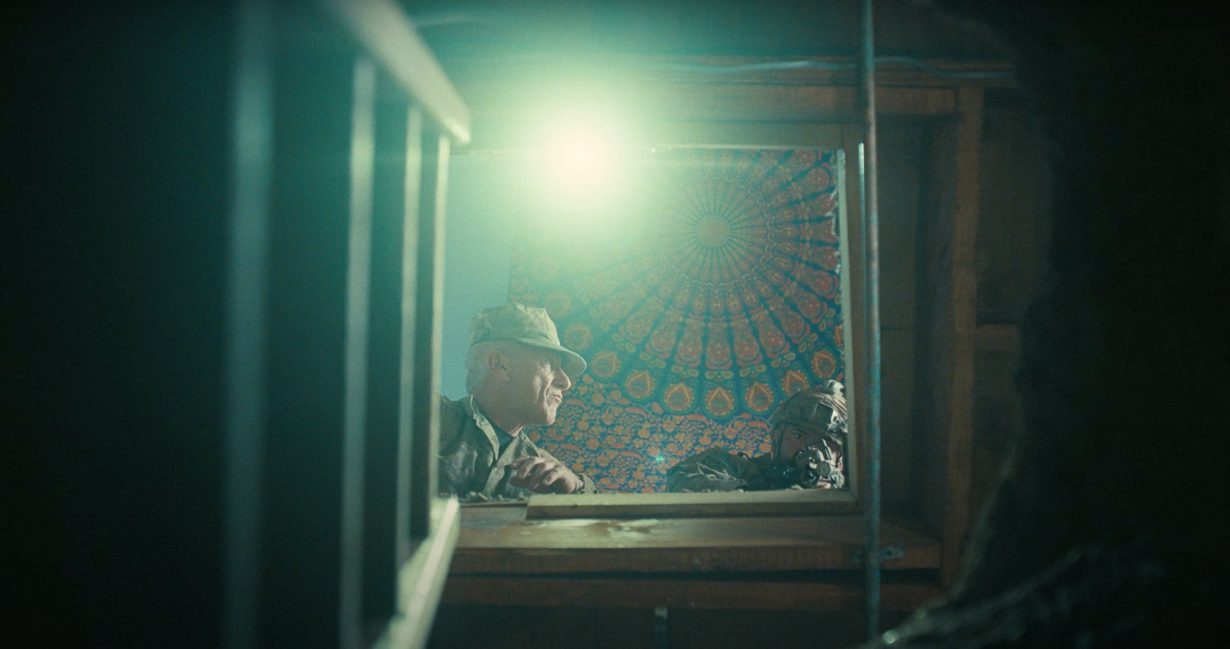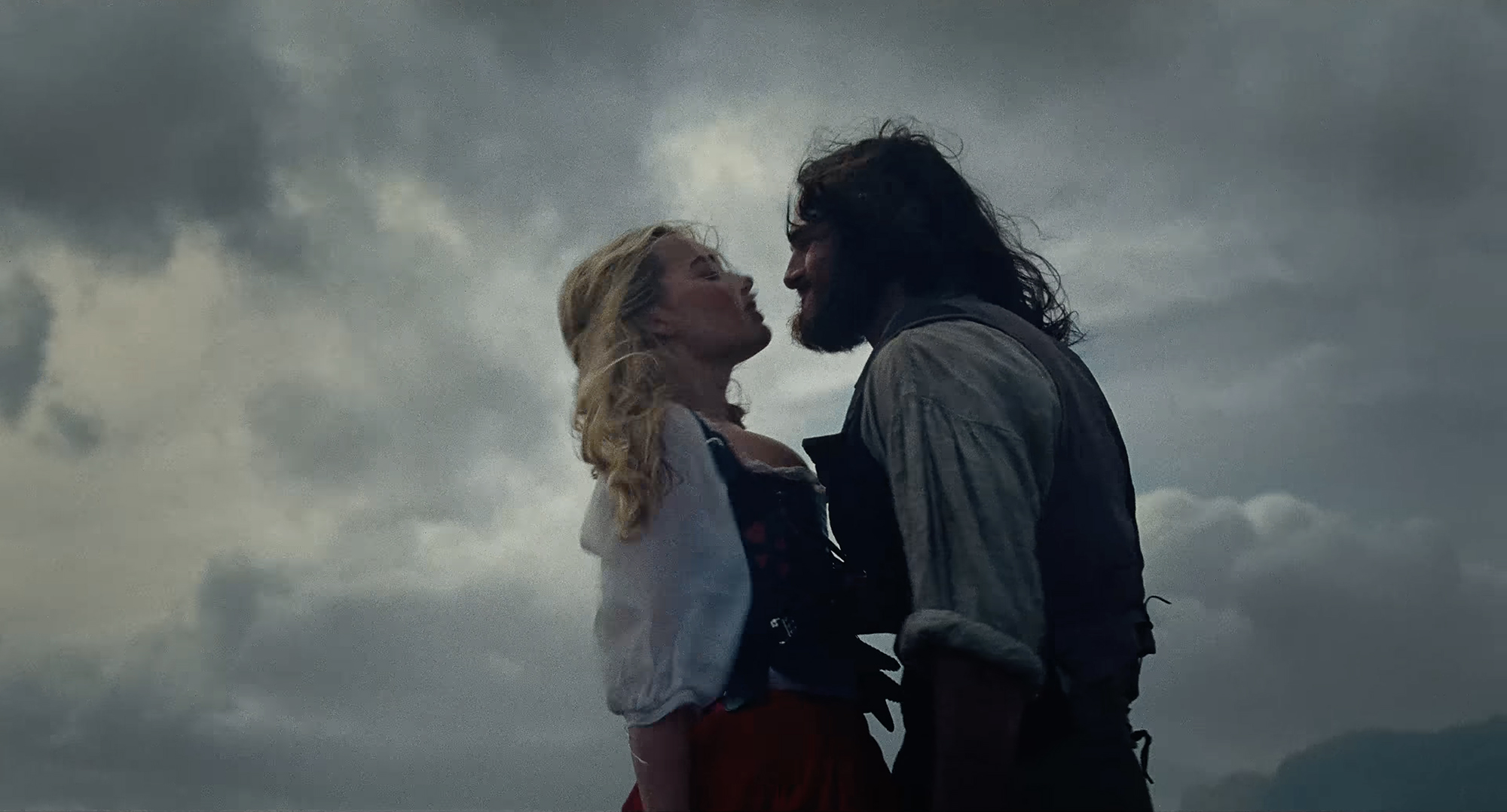When taking on a beloved text, you decide between uproar or fanaticism – both the fundamental traits of culture today
Rugged CGI landscapes wreathed in mist, flames, heaving bodices, Jacob Elordi. So populated are the trailers for two new film adaptations of classic literary texts: Emerald Fennell’s Wuthering Heights, which comes out on Valentine’s Day 2026, and Guillermo del Toro’s Frankenstein, which will be released later this month. Both novels have generated their own lineage of visual tropes; each new cinematic version of these stories is placed immediately in unfavourable comparison with all that have come before.
Why bother? A more useful question, perhaps, is what we want from literary adaptations in the first place. Fidelity to the source text is always a problem to be navigated. Del Toro’s Frankenstein cleaves more closely to Mary Shelley’s text than many other versions, giving – or so early reviews suggest – the monster a voice, an intellect and a need to be loved. (Netflix is promoting the film with the line ‘There are two sides to every story’.) The theorist Barbara Johnson describes Shelley’s novel in her 1982 essay ‘My Monster/My Self’ as ‘the story of two antithetical modes of parenting that give rise to two increasingly parallel lives’: Victor Frankenstein, who is beloved by his parents, and his creation, who he abandons. Del Toro’s film makes this abandonment its motivating force. Yet Johnson reminds her reader that difference doesn’t always generate difference: ‘both characters’, she writes, ‘reach an equal degree of alienation and self-torture and indeed become indistinguishable as they pursue each other across the frozen polar wastes’. Shelley’s novel, then, is ‘a study of the impossibility of finding an adequate model for what a parent should be’. Frankenstein as an extrapolated concept can also be taken as a study in the impossibility of finding an adequate model for what an adaptation should be. Much like children, demanding audiences are never satisfied.

Perhaps this is due to the fixity of the original object: a text, the visual details left up to each reader’s imagination, changes only as you do, with no externally imposed surprises. Increasingly, however, audience responses to adaptations border on irrationally possessive. In a cultural climate dominated by never-ending IP branding exercises and the growing shadow of AI, the idea of an ‘original’ is more freighted: novels – especially old novels – offer us, in other words, something real to hold on to.
The response to the Wuthering Heights trailer has been at best mixed, with much derision directed towards Fennell’s decision to cast a white, twenty-eight-year-old Elordi as Heathcliff opposite a thirty-five-year-old post-Barbie Margot Robbie. In a former life, I was a professional Victorianist; this is certainly not my Catherine Earnshaw. But should that matter? More relevant, I think, is the fact that the film has the potential to honour Emily Brontë’s anarchic spirit – her sister Charlotte spent a significant amount of energy after Emily’s death trying to dampen and apologise for the text’s erotic deviance – but it probably isn’t going to succeed in doing so, not because of infidelity to the text but because Fennell’s films are bad. An early test screening contained, according to The Guardian,‘horse-rein sex, suggestive egg yolks and necrophile nuns’, suggesting the continuation of her track record of confusing campy pseudo-subversive sexual dynamics for substance.


Fennell herself seems to have an ambivalent relationship to the act of adaptation. Speaking at the Brontë Women’s Writing Festival in Haworth, Yorkshire, last month, she referenced her teenaged ‘obsession’ with the book: ‘I know that if somebody else made it, I’d be furious. It’s very personal material for everyone […] The way we relate to the characters is very private.’ The act of trying to make a film of something that means a lot to you, she went on, is an ‘act of extreme masochism’, because the text ‘can’t love me back’. Her adult attempt to direct the project, then, is always in opposition to her obsessive teenage self, who relates to the book in a different way than the adult ever can. Teenage Fennell might be seen as a stand-in for the viewers who have taken to the internet to express their own rage at her choices as perceived violations of their own private relations to the text, their own cinematic fantasies.

These problems are less acute with more contemporary texts. Take the general success of Paul Thomas Anderson’s versions of Thomas Pynchon – 2025’s One Battle After Another and Inherent Vice (2014) – which are surely helped by the fact that the visual language of Pynchon has been shaped solely by these versions of his ‘unfilmable’ novels. An unfilmable text is far more of a gift to a director than a much filmed one: you admit defeat the moment you pick up the mantle, and are then free, or at least freer, to go your own way. But perhaps attachment to the text, not the age or form of the text itself, is still the issue. Both Del Toro’s Frankenstein and Fennell’s Wuthering Heights are part of an aesthetic adaptive lineage that includes Yorgos Lanthimos’s 2023 Poor Things: part-gothic, part-steampunk, entirely self-conscious in its modernisation of the visual grammar of retro melodrama.
The generally positive reception of Lanthimos’s film tended to inversely correlate with appreciation for Alasdair Gray’s 1992 novel. To those who know it as part of the map of Glasgow, the excision of the city from the Hollywood version, which was set in London, was no less sacrilegious than Emma Stone’s wedding dress and a Charli XCX soundtrack. Does this matter? Yes and no. Anderson’s latest Pynchon is ‘inspired’ by Vineland (1990), more a distant cousin than a twin. Perhaps this is the only adequate model for what an adaptation should be: not because it’s necessarily successful, or even necessarily satisfying for the source text’s readers, but because it manages its audience’s expectations. In being honest about its relation to the original, it teaches readers what to want from it: something good enough.
Helen Charman’s first book, Mother State: a political history of motherhood, came out with Penguin/Allen Lane in 2024
